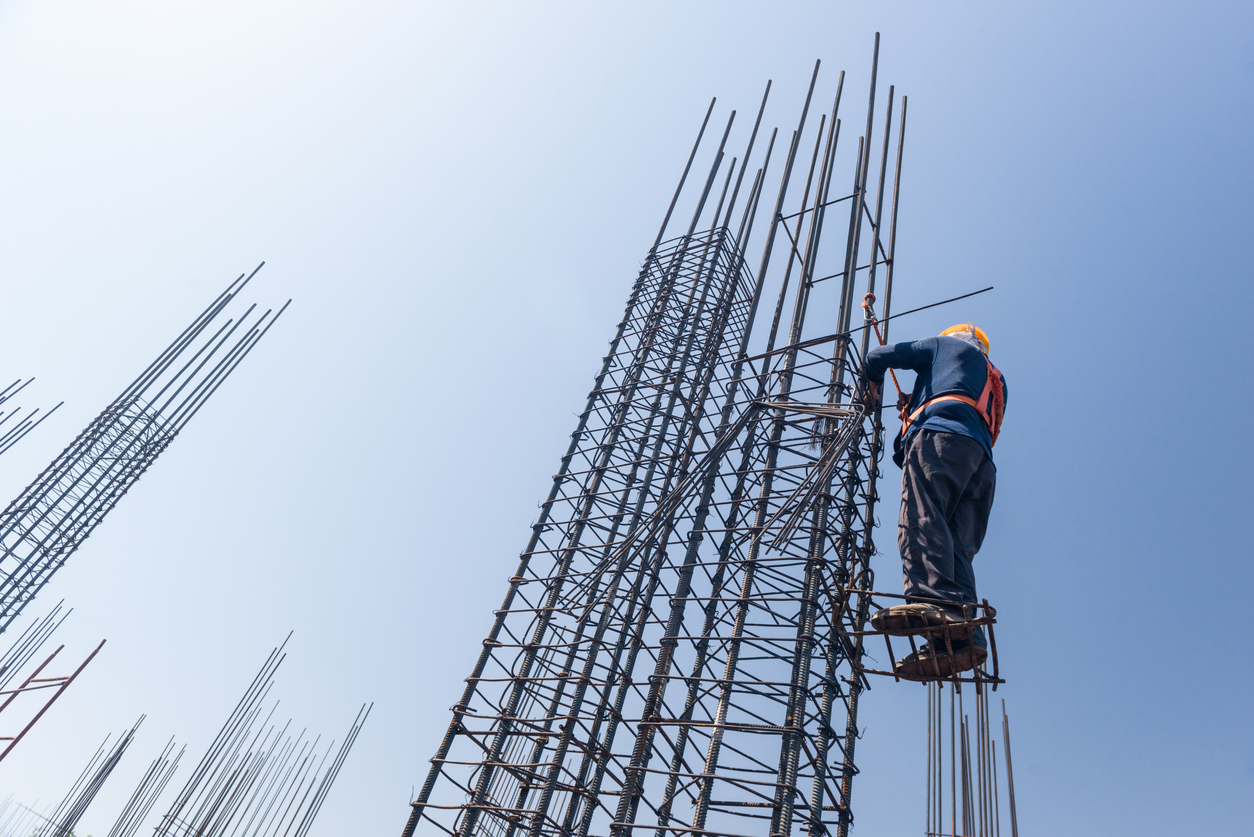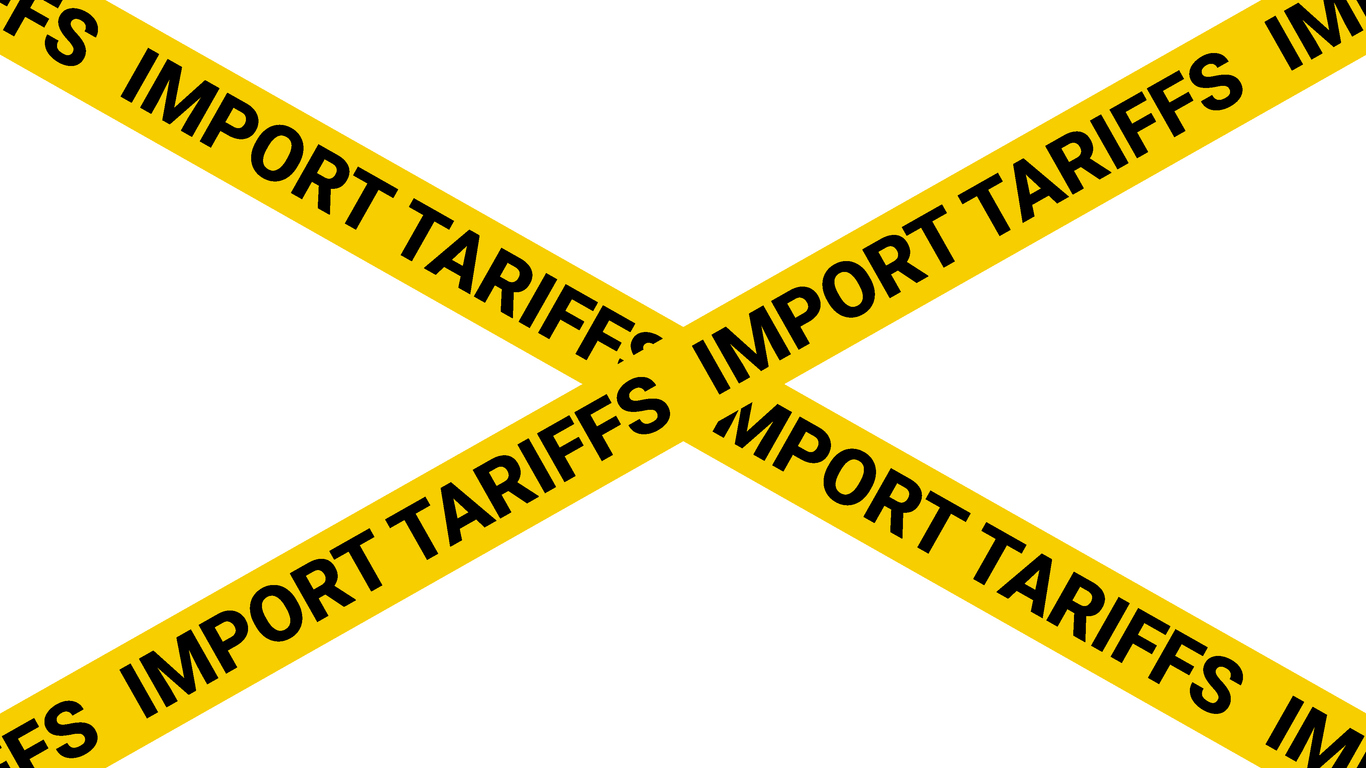Importing Iron Structures to Nigeria: All You Need To Know!
Importing Iron Structures to Nigeria: All You Need To Know!
Iron structures are an important building material in Nigeria. They are used for many purposes, such as buildings, bridges, and balconies. However, most of these structures are imported from abroad at a high cost. This can lead to more expensive houses and public buildings which is not feasible in current economic times. The solution to this problem is to import iron structures from abroad!
This article will teach you everything you need to know about importing iron structures into Nigeria. Find out what the benefits are of importing them, how it works, where to get more information on the process, and how you can be an importer!
Importing Iron Structures to Nigeria
Iron structures are an important building material in Nigeria. They are used for many purposes, such as buildings, bridges, and balconies. However, most of these structures are imported from abroad at a high cost. This can lead to more expensive houses and public buildings which is not feasible in current economic times.
The solution to this problem is to import iron structures from abroad! In this post, we’ll cover everything you need to know about importing iron structures into Nigeria including how the process works and where you can find more information on the process if needed.
The Benefits of Importing Iron Structures
Imported iron structures can meet the needs of an individual or a group. They are suitable for heavy use and are durable. Additionally, imported structures do not require much maintenance.
Materials used in imported structures are also environmentally friendly. The high carbon content of these materials makes them less likely to cause environmental damage when used as construction materials.
That’s not all! Imported structures are also cheaper than their locally-made counterparts. You would be surprised how cheap they can be!
So these benefits are just the tip of the iceberg! Let’s talk about importing iron structures into Nigeria and what you’ll need to jumpstart your importation process.
How it works
Iron structures are manufactured in many countries in Europe, Asia, and the United States. They are imported from these countries to Nigeria.
The importer will be responsible for finding a manufacturer who can manufacture the iron structure they want according to their specifications. These specifications include what material is used, dimensions of the structure, quality levels, and more. Once the buyer has made their decision on a manufacturer, they will prepare a letter of intent which includes all information about their requirements as well as any requests for changes that need to be done by the manufacturer. Finally, once the buyer has found a manufacturer, they will contact them and make arrangements for payment and delivery of materials to Nigeria.
So you know! Importing iron structures into Nigeria is an easy process with benefits like increased efficiency in construction and lower cost!
How to import them
One way to import iron structures is by using a license. A license is needed because the owner of the property needs to have permission from the government to import iron structures. In recent years, licenses are being granted more easily and it is becoming easier for people to import iron structures into Nigeria.
The process begins with filling out an application form. You will need to provide all relevant details about your business including your company name, assets, amount of capital, number of workers, and turnover. Your application will be reviewed and then you will be issued with a letter of authorization that allows you to start importing iron structures into Nigeria








LEAVE A COMMENT
You must be logged in to post a comment.